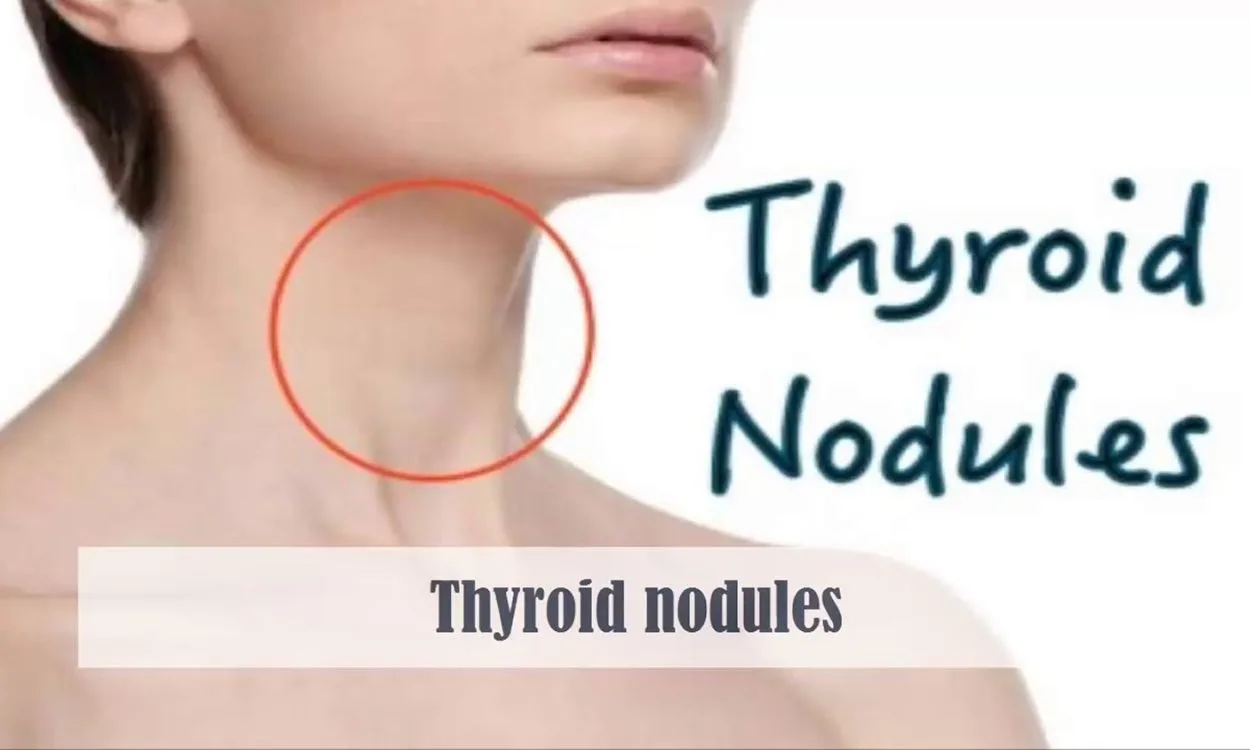What are Thyroid Nodules?
Thyroid nodules are abnormal growths or lumps that form within the thyroid gland. The thyroid gland is a small, butterfly-shaped gland located in the front of the neck, just below the Adam’s apple. It plays a crucial role in regulating the body’s metabolism and producing hormones that control various bodily functions.
Thyroid nodules are quite common and can occur in people of all ages, although they are more prevalent in women and older individuals. In most cases, these nodules are benign (non-cancerous) and do not cause any noticeable symptoms. However, in some cases, thyroid nodules can be cancerous or cause complications such as hyperthyroidism (overactive thyroid) or hypothyroidism (underactive thyroid).
Symptoms of Thyroid Nodules
Many thyroid nodules do not cause any symptoms and are often discovered incidentally during a routine physical examination or imaging tests for other health conditions. However, in some cases, thyroid nodules may cause the following symptoms:
- Swelling or lump in the front of the neck
- Difficulty swallowing or breathing, particularly if the nodule is large
- Hoarseness or voice changes
- Pain or discomfort in the neck
It’s essential to note that these symptoms can also be caused by other conditions, so it’s crucial to consult a healthcare professional for an accurate diagnosis.
Causes of Thyroid Nodules
The exact cause of thyroid nodules is often unknown. However, some factors may increase the risk of developing thyroid nodules, including:
- Iodine deficiency: Inadequate iodine intake can lead to the development of thyroid nodules. Iodine is a vital mineral required for the production of thyroid hormones.
- Hormonal imbalances: Fluctuations in hormone levels, such as an imbalance of thyroid hormones, can contribute to the formation of thyroid nodules.
- Genetics: Certain genetic mutations may increase the risk of developing thyroid nodules.
- Radiation exposure: Previous exposure to radiation, especially during childhood, can increase the likelihood of developing thyroid nodules.
Diagnosis and Treatment
If a thyroid nodule is discovered during a physical examination or imaging tests, further diagnostic tests may be required to determine its nature (benign or cancerous) and to guide appropriate treatment. These tests may include:
- Ultrasound: This imaging test uses sound waves to create a detailed image of the thyroid gland and can help determine the size, shape, and characteristics of the nodule.
- Fine-needle aspiration (FNA) biopsy: This procedure involves using a thin needle to extract a tissue sample from the nodule for laboratory analysis. The results can help determine if the nodule is benign or cancerous.
- Thyroid function tests: Blood tests that measure the levels of thyroid hormones (T3, T4) and thyroid-stimulating hormone (TSH) to assess thyroid function.
The appropriate treatment for thyroid nodules depends on various factors, including the size and characteristics of the nodule, the presence of symptoms, and the results of diagnostic tests. Treatment options may include:
- Observation: If the nodule is small and benign, the healthcare professional may opt for a watchful waiting approach, monitoring the nodule periodically to ensure no significant changes occur.
- Thyroid hormone therapy: In some cases, thyroid hormone medication may be prescribed to help shrink the nodule or prevent the development of new nodules.
- Radioactive iodine therapy: This treatment involves the administration of radioactive iodine to destroy thyroid nodules and is typically reserved for nodules that are overactive or cancerous.
- Surgery: If the nodule is suspicious for cancer, growing rapidly, causing significant symptoms, or significantly impacting thyroid function, surgical removal of the nodule or the entire thyroid gland may be recommended.
Conclusion
Thyroid nodules are common and often benign growths that form within the thyroid gland. While most thyroid nodules do not cause noticeable symptoms, it is essential to consult a healthcare professional if you notice any swelling or abnormal changes in the neck area. Timely diagnosis and appropriate management can help ensure optimal thyroid health.
If you are interested in taking control of your overall health and wellness, Fitpaa app is here to support you. With Fitpaa’s personalized approach to health and fitness, you can achieve your goals and lead a fulfilling life. Download the Fitpaa app today and embark on your journey towards optimal well-being.









